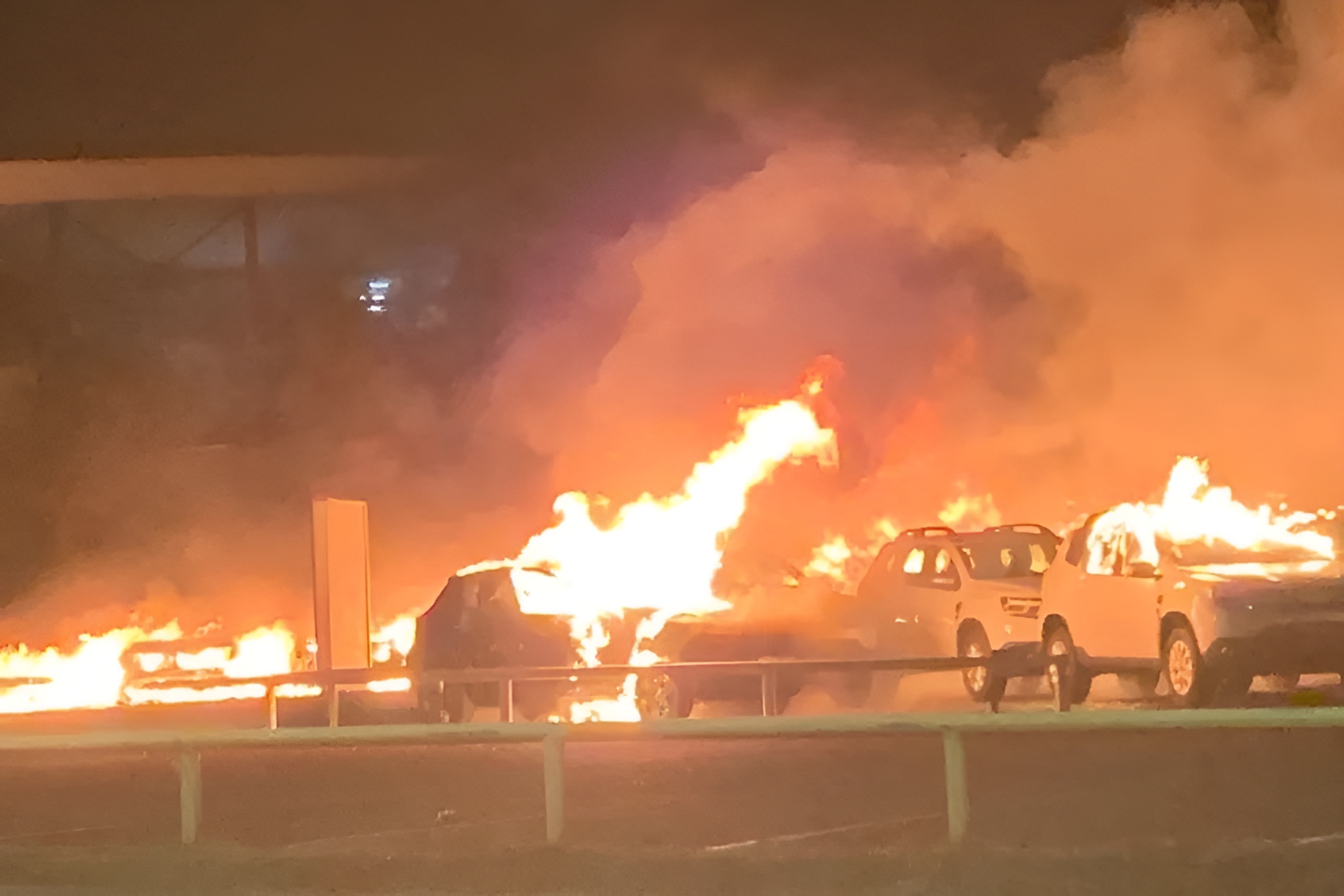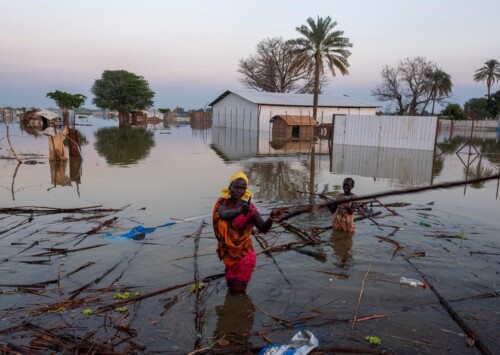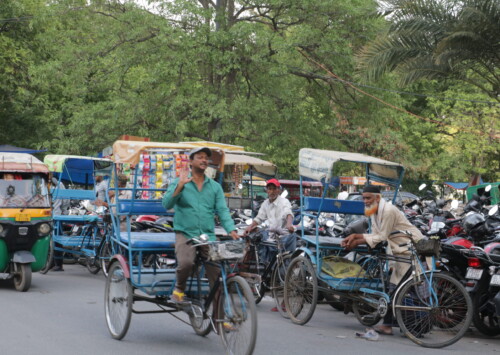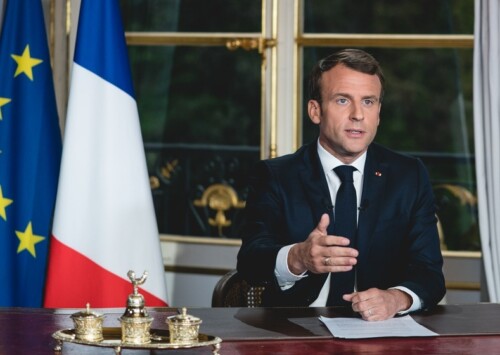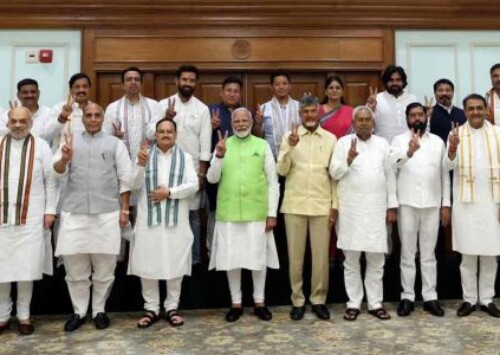Macron in New Caledonia should announce withdrawal of new voting law
On Thursday, as French President Emmanuel Macron arrives in Noumea, the capital of New Caledonia, the French overseas territory in South East Pacific, that has been gripped by violence following an unpopular amendment to voting in local elections, he must quickly announce a reversal and cancel the amendment, not just to restore peace, but also revive some dialogue between Paris and the indigenous Kanak community which feels, not entirely without any basis, that its fundamental rights are under attack.
But restoration of peace and a withdrawal of the amendment is just the first step for a long-term solution to the situation in New Caledonia, which has been witnessing a consistent demand for independence, backed by a sizeable proportion of local population.
This visit, though unscheduled, is Macron’s second visit in less than a year to the territory that is a good 20,000 km away from mainland France. It is clear that a lot has transpired in the region and in the relations between the indigenous community and the French administration, which stand at a 40-year-low as the locals seem have lost faith in Paris.
Last year, the French President had gone to Noumea, not only to consolidate the ties with the community in New Caledonia but also as a means to consolidate French presence in the Pacific Ocean and the broader Indo-Pacific, where France, along with United States and its other allies, is in competition with China for influence and control.
In 2023, Macron’s message was that France was not coming to the Pacific, but it belonged in the Pacific and he was trying to get the local Kanak population feel closer to the mainland and feel like they belonged to France and France also belonged there, in their homeland.
However, just nine months later, as Macron returns to Noumea he is certain to run into sections of the Kanak society that are openly hostile towards France, let alone feel more French, as it were. Hours after Macron’s visit was announced on Tuesday, Jimmy Naouna, a leader of pro-independence Front de Liberation Nationale Kanak et Socialiste (FLNKS) party, tweeted “Here comes the fireman after starting the fire”.
Such reactions show that Macron has an uphill task ahead of him, especially as the Kanak leaders blame the President personally for having stirred up the trouble by pushing through the legislation that grants voting rights in local elections to tens of thousands of ‘settlers’ who have lived in New Caledonia for 10 years.
Even though the Opposition parties in mainland France and the pro-independentists had been asking for the legislation to be withdrawn or suspended, Macron, in his usual strong-arm manner, pushed the bill through the French Parliament, which in turn led to the worst riots in over four decades in the idyllic territory.
France took control of New Caledonia in 1853, with the aim of setting up a penal colony for prisoners from mainland, pretty much like the British treated Australia. That the Kanaks or broadly the Melanasians were not happy with the colonisers became evident pretty early on in 1856, the first struggle for independence began and a series of uprisings took place there for several decades.
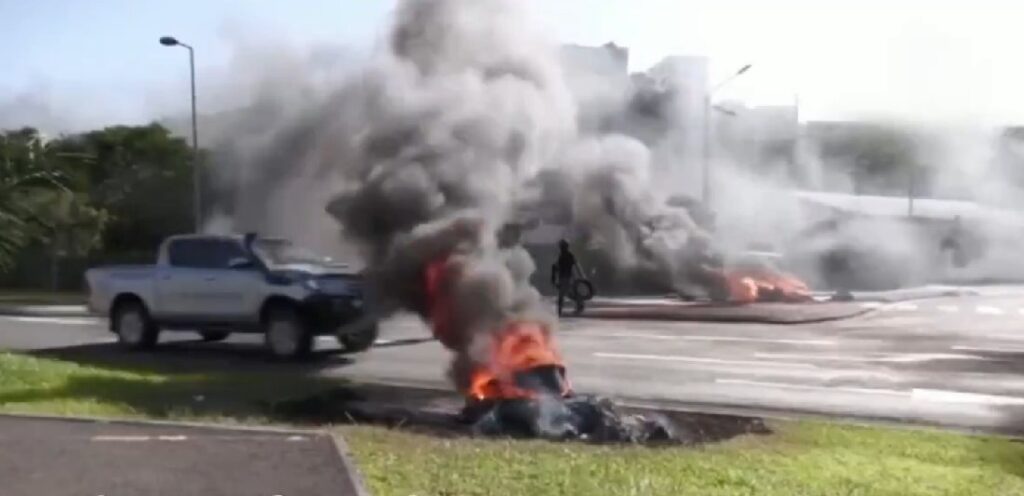
Socio-political tensions have been rising between the indigenous people and the settlers
The indigenous people wanted their lands back and also wanted the settlers to stop grazing their cattle on indigenous lands. France suppressed each uprising by destroying villages and crops and demanding unconditional surrender and the insurgents were punished by deportation or execution and further confiscation of their lands.
Since then, New Caledonia has been hit by uprisings and socio-political tensions between the indigenous people and the settlers have regularly flared up in shape of riots and disturbances, which have continued even into the 21st century.
But even by these standards, the current wave of violence is alarmingly high as at least six persons have been killed and several others injured and dozens of cars and businesses have been damaged.
New Caledonia is important for France for several reasons. Besides giving it a foothold in the Pacific, where it has two other territories, New Caledonia is home to world’s third largest reserves of nickel, a key metal used for making batteries, among others. The Kanaks say and with some justification that the French want to keep the territory under their control more for nickel than anything else.
The latest controversy is being seen by the Kanaks as a validation of their fears. Ever since he was elected in 2017, Macron has been used to riding roughshod over opposition and this is precisely what he tried to do in New Caledonia also when he gave an ultimatum to the indigenous people and the settlers to agree on the voting law before it was passed and when the two sides failed to agree, he pushed the law through, even though it was quite evident that the settlers had no reason to reach an agreement with the indigenous community as the amendment gives the settlers new rights and goes on to dilute the control of the local poulation, notably the pro-independentists who are currently in power in the local elected bodies.
The opponents of the law say that Macron pushed the law only to ensure that by granting voting rights to ‘outsiders’, the local power would move away from the Kanaks to the people from mainland France and eventually also weaken the pro-independence movement.
The amendment was strongly opposed by many even in mainland France, notably by the opposition parties as well as former French prime ministers, diplomats and other senior officials who have dealt with New Caledonia. Even leaders of other Pacific islands have also said Macron should scrap or suspend the electoral reform.
And for many, statements by some of these leaders hit the real issue in question. Vanuatu Foreign Minister Matai Seremaiah urged France to “do the right thing, to resolve all outstanding decolonisation issues” and seriously engage with Kanak leaders.
More worryingly for Macron, the government heads of four other French overseas territories, Réunion in the Indian Ocean, Guadeloupe and Martinique in the Caribbean and French Guiana in South America called for the voting changes to be withdrawn altogether to avoid “civil war”.
Macron and other French leaders in Paris need to appreciate and understand that these distant ‘overseas territories’, a thinly disguised term for colonies, need greater autonomy and independence from Paris over how their affairs are managed. If the French leaders continue to arm twist these territories and undermine their sense of independence by imposing unpopular laws, they will not only fuel more anger and protests, but also put a serious question on whether the democratic values that France touts often are only for the mainland.
Macron would do well to remember that back in Paris, he himself is cracking down on migration and for Kanaks people coming from 20,000 km away are migrants, not fellow citizens and who can not enjoy the same rights as the locals.

